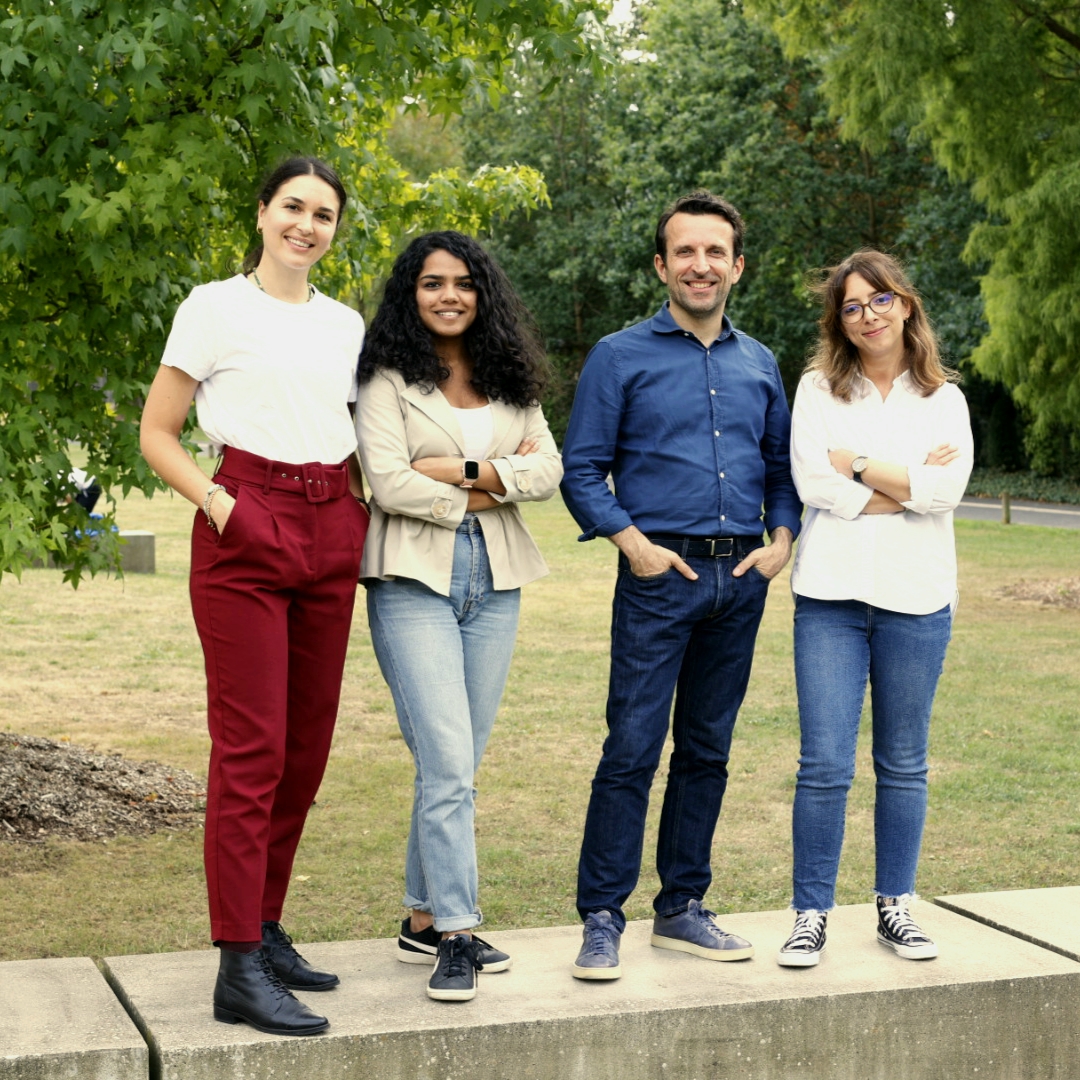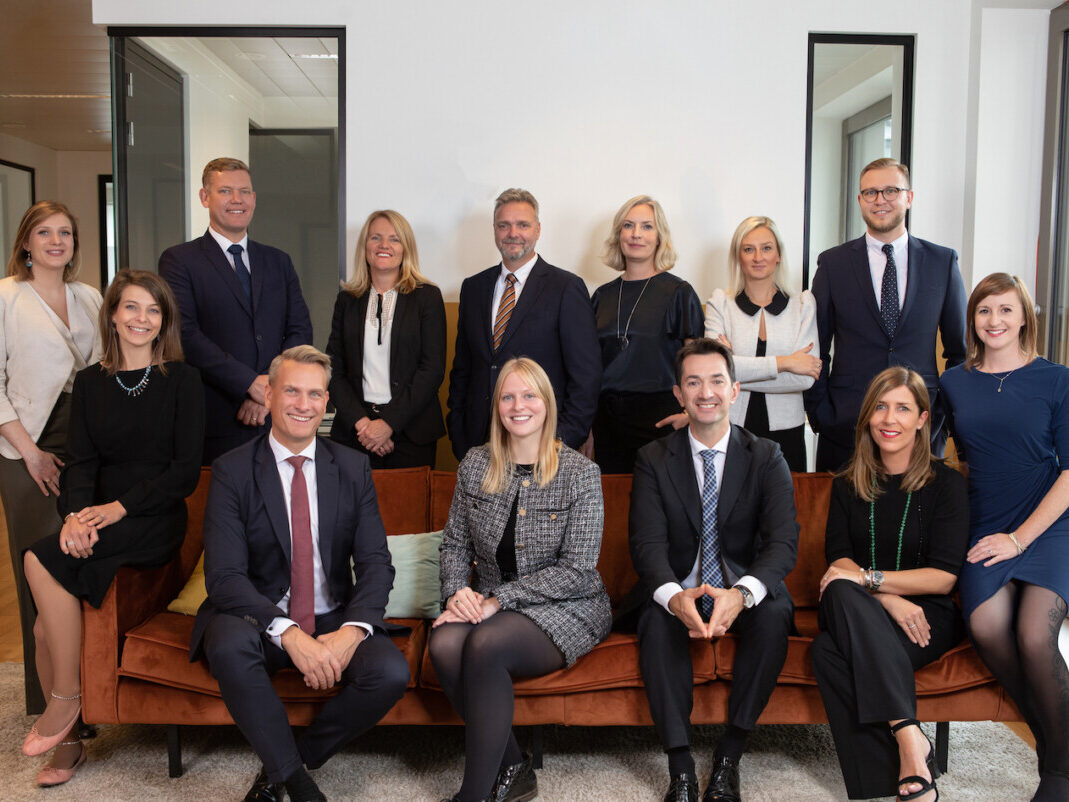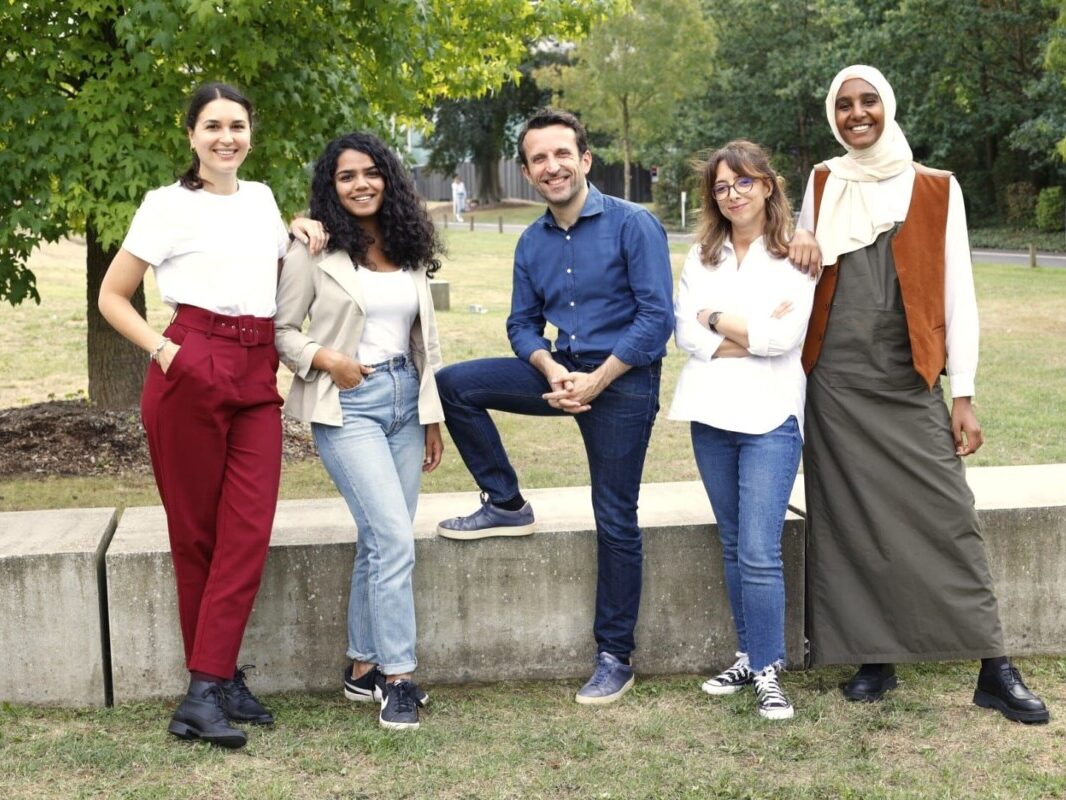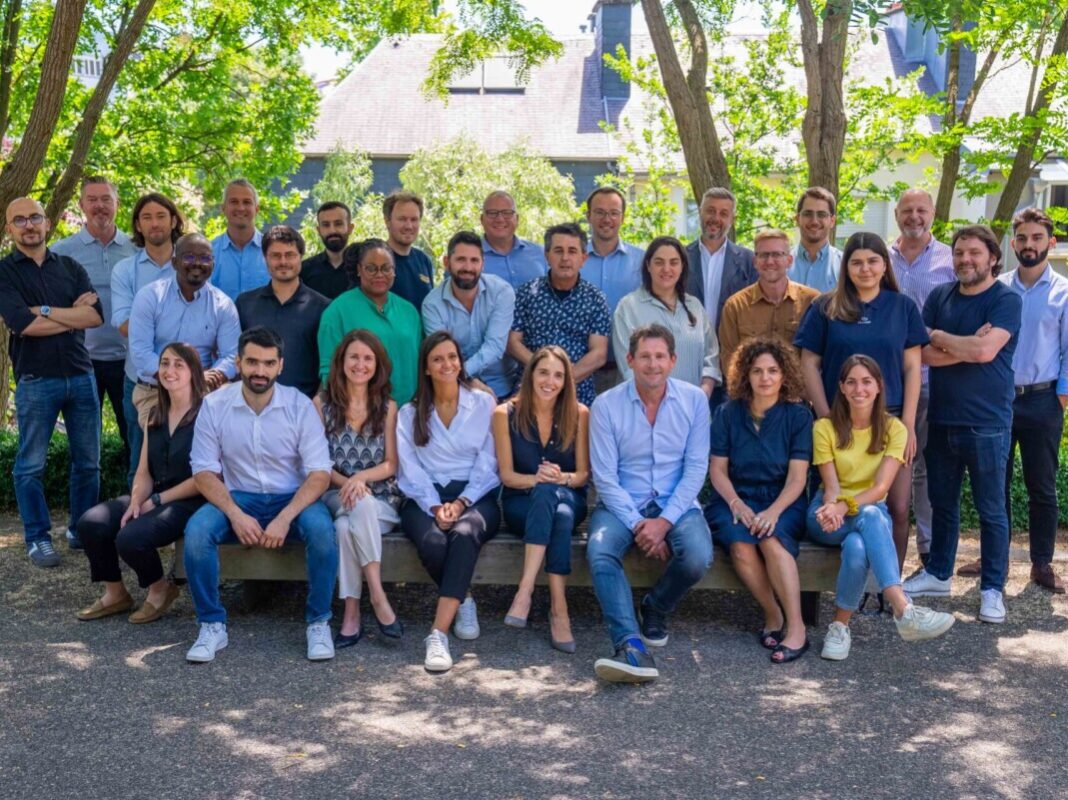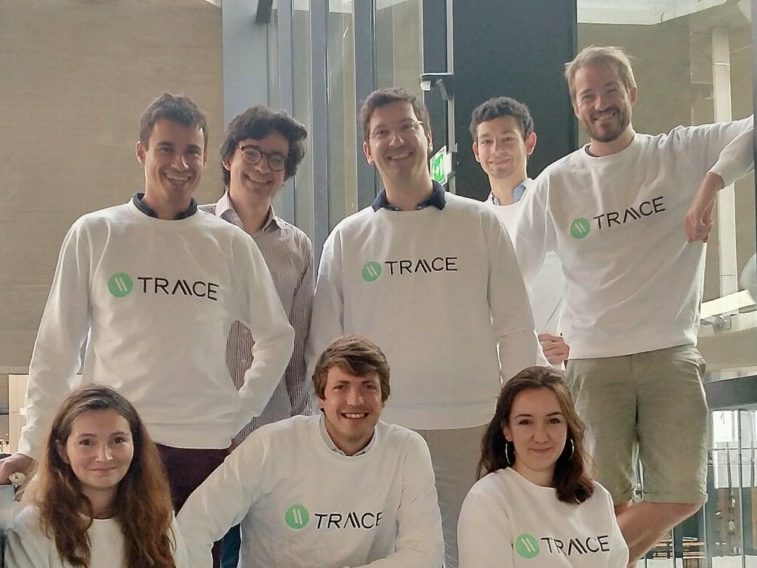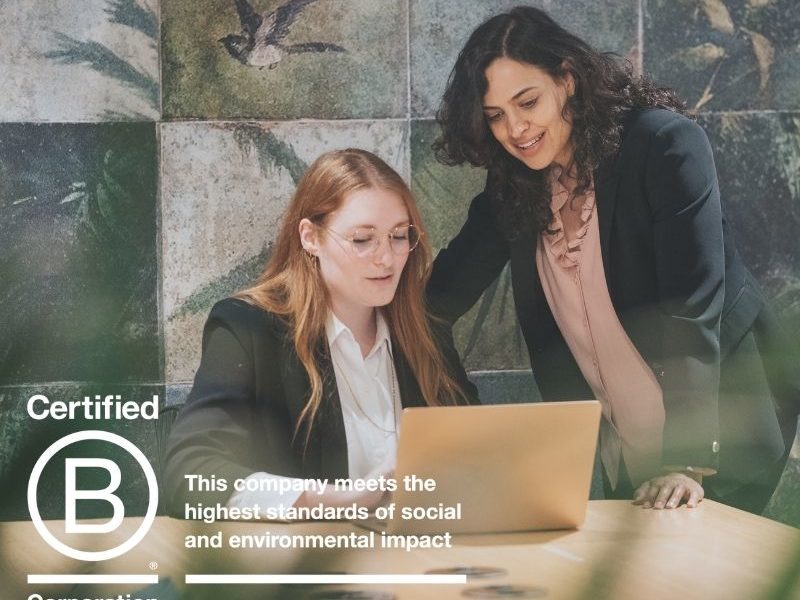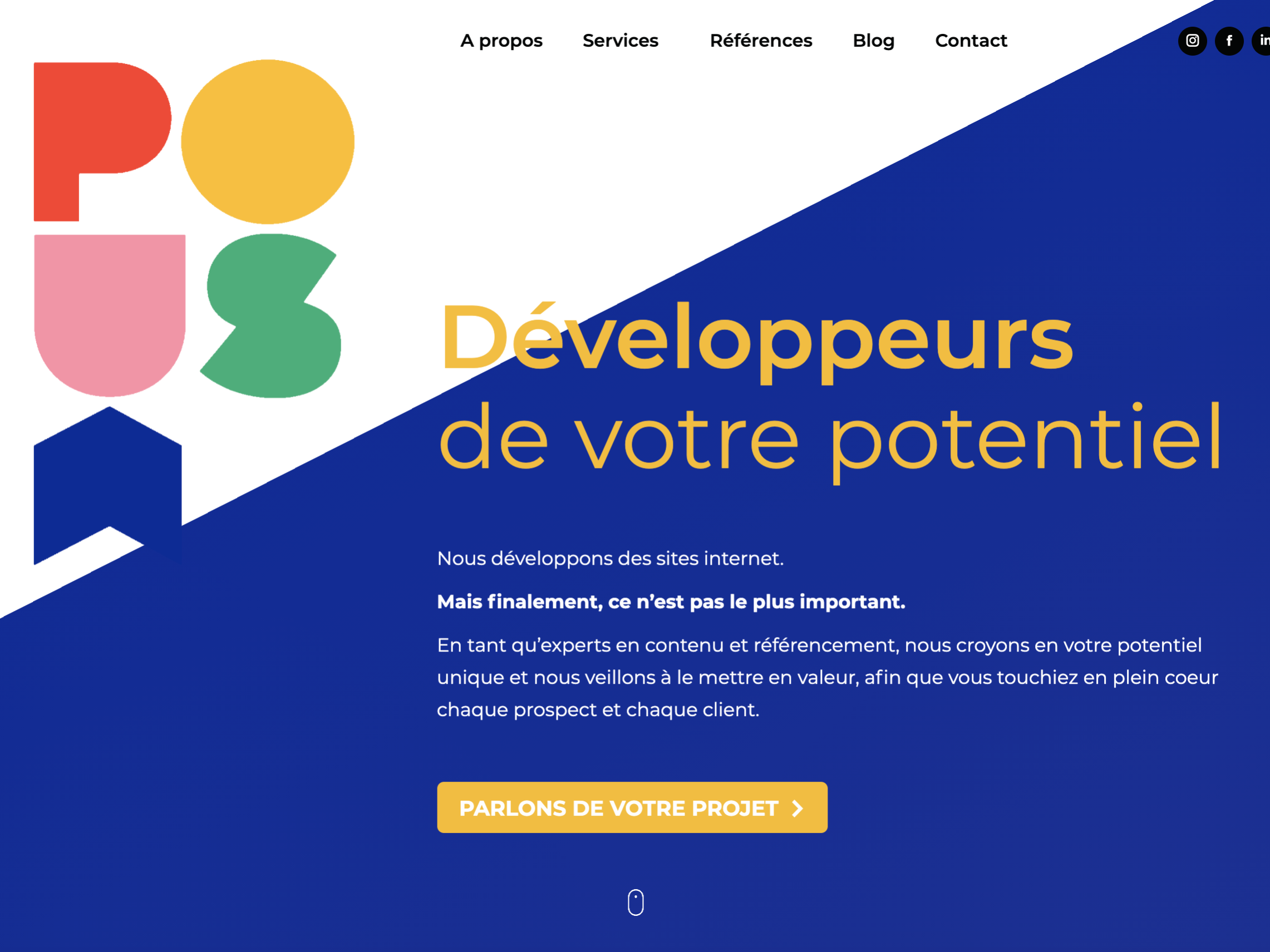Behaven Impact Interview
In this interview, discover how to change your employees’ behaviour for a sustainable future with Julia Terlet.
A Beautiful Green : Can you tell us about the origin of your agency and what motivated you to use behavioural science for employee engagement in sustainability initiatives?
Julia Terlet : Sustainability is often seen through the prism of new technologies, with the idea that they will allow us to maintain our way of life while reducing our environmental footprint. This vision is attractive, but it is not enough. More than 60% of the emissions reductions needed are based on behavioural changes. Around 10% concerns reduction actions, such as turning down the heating, and 50% depends on adoption behaviours, such as using public transport more. This shows that impact is first and foremost in the hands of individuals. Even though the majority of people know they need to act, few actually take action. This is called the intention-behaviour gap. Closing this gap is essential to making our world more sustainable. This is precisely why we created Behaven four years ago, to help organisations inspire action with our expertise in behavioural science and communications.
How can behavioural science be used to improve employee engagement in sustainable practices?
For a company to effectively mobilise its employees around sustainability issues, it is often necessary to help them change their behaviour and decision-making. Behavioural science allow us to better understand what slows down or promotes these changes. We tend to think that informing employees about good practices is enough to convince them to change, but studies show that information alone is not enough, especially when contextual or social barriers are present. For example, to encourage the use of bicycles rather than cars, explaining the benefits of cycling is important, but it is not enough if employees do not have secure parking or if their colleagues continue to use the car. Behavioural science help identify these barriers and propose concrete solutions, such as improving infrastructure or encouraging a corporate culture more favorable to these behaviours.
What are the most common challenges businesses face when trying to raise awareness and embed environmentally friendly behaviours among their employees?
A recent project with certified B Corp companies highlighted several barriers to employee engagement in sustainability. Contextual challenges include insufficient communication about the company’s mission and values, a lack of appropriate training, and limited time to dedicate to sustainable initiatives. On a social level, the lack of recognition of individual efforts and the lack of exemplary behaviour on the part of leaders also slows down commitment. Finally, at the individual level, some employees do not perceive the impact of their actions or do not feel concerned by these issues. Of course, these observations are specific to the project in question and each organisation must identify its own challenges in engaging its employees in sustainable practices.
Why is it crucial that the entire company, from senior management to employees, is involved in this adventure?
Often, sustainable initiatives are limited to the CSR department, which can hinder their adoption throughout the company. However, sustainability must be a priority shared by everyone, including at the top of the hierarchy. This is why the involvement of senior managers is crucial: they must actively support these initiatives and set an example. When a senior executive does not adopt sustainable practices themselves, they send the message that it is not a priority, even if their speech says the opposite.
What advice would you give to companies that want to start using behavioural science to improve employee engagement in sustainable initiatives?
I advise them to rely on scientific research, to listen to their employees and to be wary of preconceived ideas. It’s easy to believe that you know the best solution, but human behaviour is complex and influenced by many factors. Drawing on evidence and remaining responsive to employee needs is essential to creating effective initiatives.
To conclude, can you share your vision on the evolving role of employees in the transition to more sustainable business practices, and how behavioural science can transform this dynamic?
Employee engagement is essential, but it must be supported by clear leadership and concrete structural changes within the company. Behavioural science can strengthen this commitment if management believes in it and creates the necessary conditions for it to be sustainable and effective. The good news is that the new generations entering the job market are already very aware of environmental issues. They are ready to drive change, and I think they will become real drivers of transformation within organisations in the years to come.
Interview with Julia Terlet, Independent Behaviour Change Consultant and Co-founder of Behaven.
